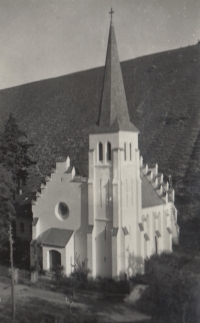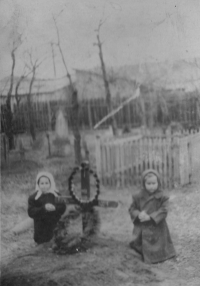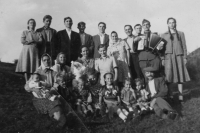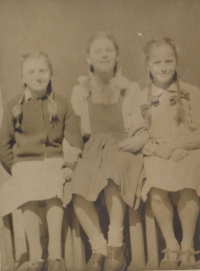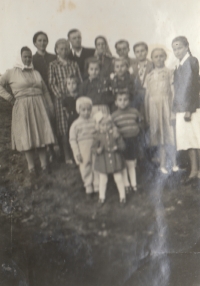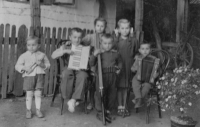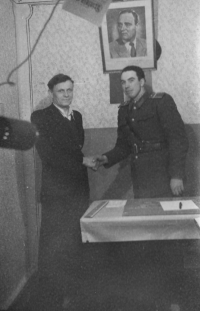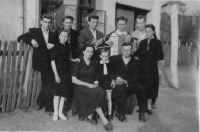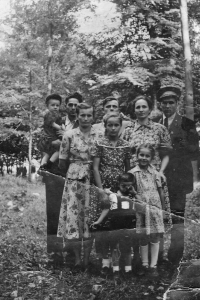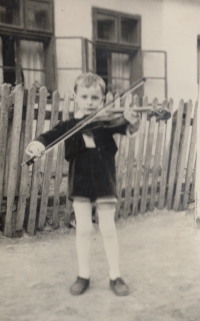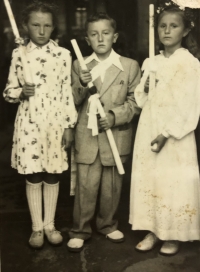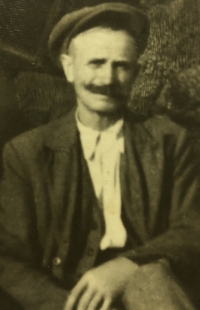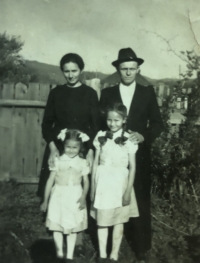Dad dug out a pit in Baragan and told mum: I will kill the children first, then you, then myself
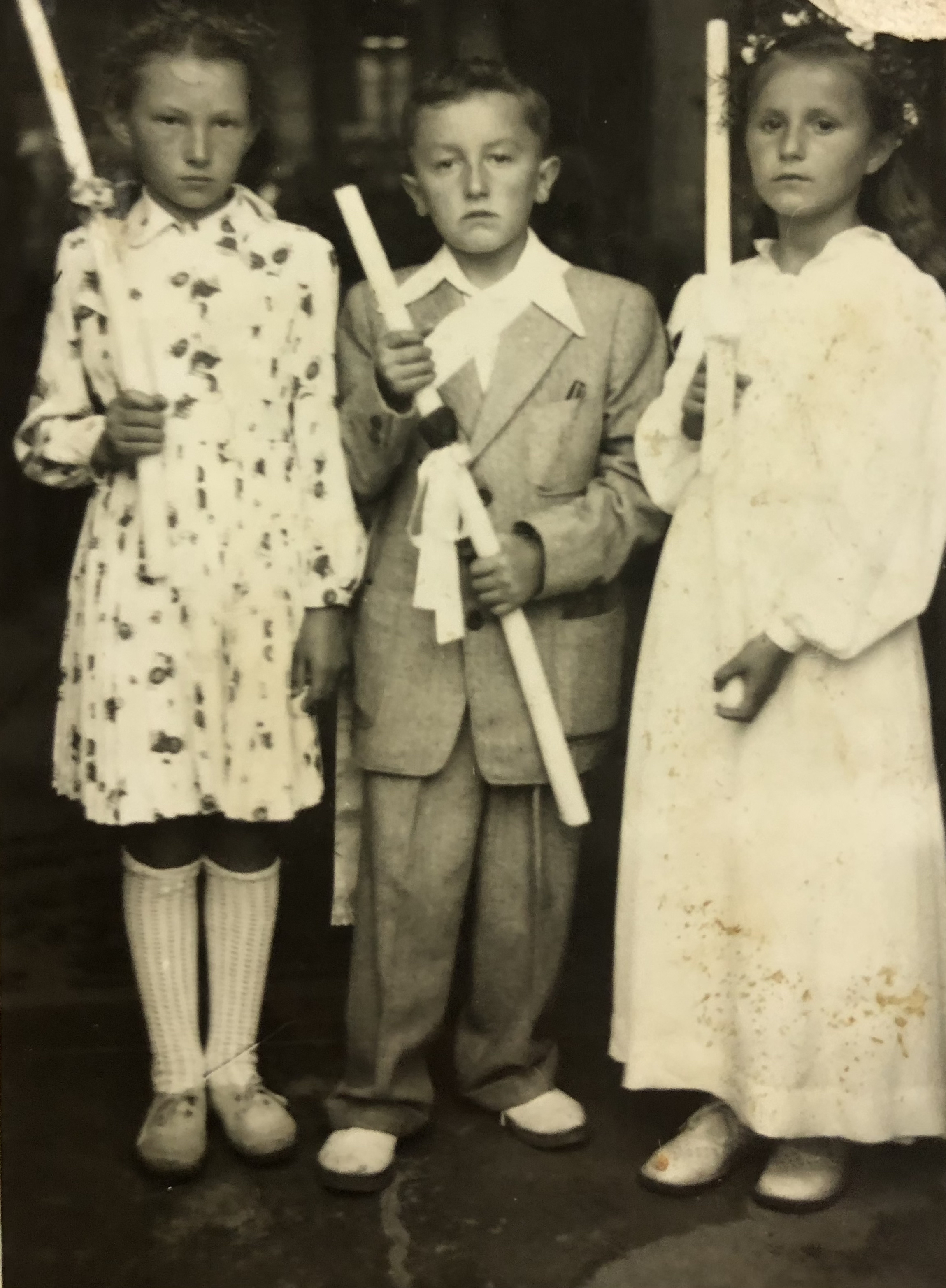
Download image
Margareta Peck, née Fiklová, was born on 4 June 1948 in the Nové Doly (Baia Nouă) community close to Eibenthal, a Czech village in Romania’s Banat region. She was born into a family of descendants of Czech colonists five years after her elder sister Anna and, along with their parents, they lived in a rented house in a worker colony inhabited primarily by miners’ families. Her father František served in the Romanian military during World War II, fighting alongside Nazi Germany until August 1944. In June 1951, the Communist Party of Romania deported the four members of the Fikl family to the Baragan region to which the regime relocated and deported politically unreliable persons under pressure from Soviet Union. The deportees were forced to leave their homes within hours and were allowed to only bring along a few of their personal belongings. The authorities released them in an uninhabited landscape without any means, and they were not allowed to leave the area. The Fikls and other families first built simple houses, and the place started turning into the Rubla community over time. Romanian authorities allowed Czech families to leave for the mining town of Comanesti, Romania at the end of 1951; they were still under government surveillance. The Fikls did not return home until early 1956. Grandfather Josef Fikl died in Comanesti and never got to come back home. The family found their home in poor conditions, with most of their belongings seized by the local national committee or stolen by the locals. The witness went to Romanian school in Comanesti, then in Eibenthal, facing issue with the Czech language. Having completed primary school, she worked in Eibenthal, and with husband and two children, they moved to Oršava later on and she worked at the local shipyard. The government granted her financial indemnification for the deportation to Baragan after 1989. The witness would visit her son in the Czech Republic throughout the 1990s and moved over for good eventually. At the time of recording, she was living in Ústí nad Labem (March 2023).
